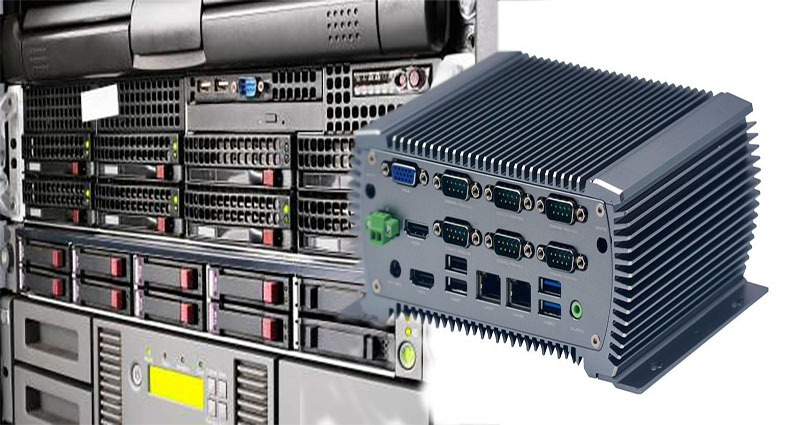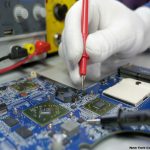Industrial PCs are the most effective way to stay on top of the competition and keep up with new technology. The Information Technology departments of companies are responsible for physical implementation, software installation, and PC configuration. Substandard PCs and IT infrastructure can impact overall performance and customer service. Industrial PCs are an ideal solution for such businesses that may not be able to afford a standard PC. There are several reasons to consider an Industrial PC for your business.
Embedded computer systems
An embedded computer system is a small, non-portable computing device that performs a particular task without any external hardware. The systems can be made of a single-board computer, microcontroller, or Internet of Things (IoT) gateway. They can monitor data remotely or control machinery manually. The embedded computer system can also be used to store data or handle environmental conditions. To further optimize their use, embedded computer systems are often designed to operate with lower power consumption.
An industrial embedded computer is usually designed for a harsh environment, such as an electrical substation. It is often exposed to higher temperatures and more shock and vibration than a standard PC. It may be rack-mounted or self-contained and it is typically sealed to keep out dust and moisture. In addition, the industrial embedded computer may offer different degrees of redundancy. Embedded computers are a good choice for applications requiring high- performance computing.
Rugged computing platform
A rugged computing platform is a platform for industrial computers that is designed to be ruggedized. It must pass rigorous testing to be considered rugged. The standards used for testing ruggedized computing hardware are MIL-STD-810G. These standards define how a rugged computing system must be tested for reliability in harsh environments. The Karbon series is tested to meet MIL-STD 810G standards. It also meets other toughness requirements outlined by the military.
The performance of an industrial computer depends on the environment it will operate in. The Karbon Series is designed for industrial applications with rugged environments, so it will provide a high performance and long life. While rugged computers cost more up front, the technology will protect them from extreme environmental conditions. This type of computing platform is highly recommended for a wide range of applications. The Karbon Series rugged computers are ideal for applications involving high-impact and aggressive environments.
Multiple expansion options
Despite their industrial roots, modern industrial PCs have a wide variety of I/O ports and expansion slots. These versatile systems are able to connect to any type of industrial controller, as well as most expansion modules. Whether your application involves the use of multiple sensors or a large number of ports, an industrial PC is the ideal solution. With a wide range of options, industrial PCs are flexible and easy to install.
AIC Industrial PCs are available in a variety of sizes and form factors, and they are standardized to meet the exacting specifications of the EIA RS-310-D standard. The chassis of these computers feature a lockable front door for added security. There are also multiple expansion options available for these systems, and they have extended product availability. Industrial PCs must be able to stand up to the rigors of industrial environments, and more advanced features are important to ensuring reliability.
Power management functions
A powerful power management system can help an industrial PC use less power while still performing the tasks it needs to do. Modern power management systems include P-states, which monitor the computer’s software, peripheral devices, and hardware. They also consider the amount of heat and noise the machine produces. An efficient power management system can be proactive in its approach, determining areas where power consumption can be reduced while maintaining the necessary level of operation.
The power management features of an industrial PC are incredibly valuable to businesses because they help reduce energy consumption without affecting end users. Power management programs are often disrupted by the workers themselves, who may leave the machine running for longer than necessary. IT departments also have to manage the computer fleet throughout off-hours to prevent problems from arising. While many environmentally conscious workers switch off their machines when not in use, most do not, and leave them on without using any energy-saving settings.








